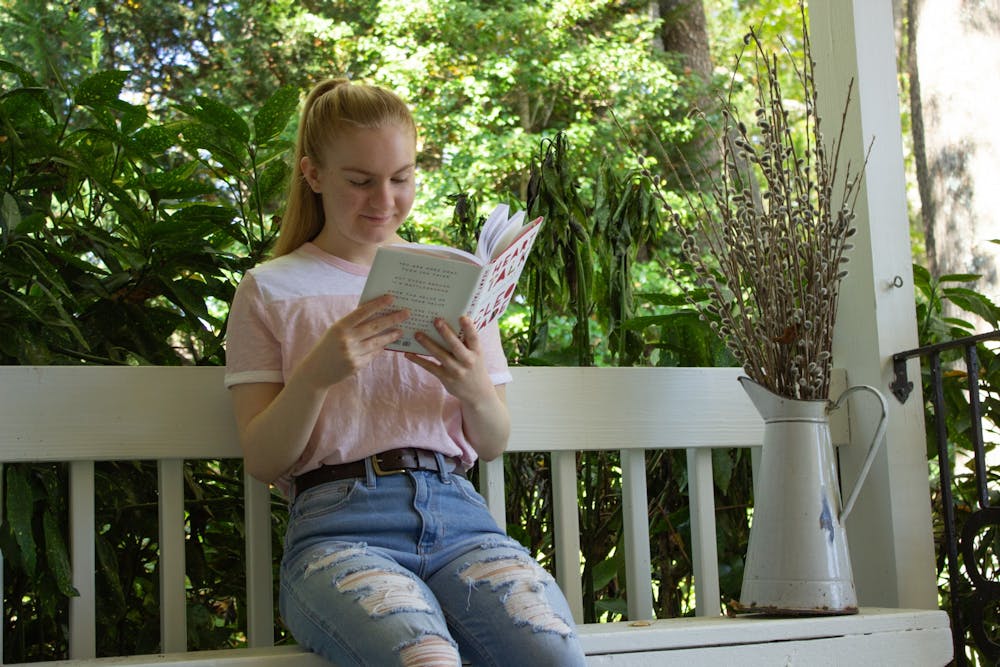With the end of the semester drawing near, students are busy balancing exams and online classes — all while trying to make time for their mental health.
The Daily Tar Heel spoke with Counseling and Psychological Services Director Dr. Allen O’Barr to discuss how to best deal with isolation and balancing work this semester.
The Daily Tar Heel: Have you noticed changes in the type or volume of mental health cases you’ve seen at CAPS?
Allen O’Barr: I see some people now with just a sense of being exhausted by it all. There is a lot of loneliness. There is a lot of — hopelessness is probably too strong of a word, but just the sort of sense of like, "Is it ever going to be back the way it was?"
Along with all the strife that’s going on in the nation and then the politics, it’s really just weighing heavily on a lot of people. And you know, we all have stuff we’re struggling with even without COVID. It just serves to amplify that.
Since the weather turned a little cooler, I see individuals really having trouble staying afloat. I wish I had better news.
DTH: When it comes to students’ mental health, is there anything that you think they should be aware of to notice if they need to start reaching out or start taking care?
AO: That’s two questions. One is what are you watching out for in your friends, and the other is what are you watching out for in yourself. Because sometimes it’s a lot easier to see it in your friends. Maybe they don’t answer a call, or maybe they just don’t text back and kind of go dark.
I think everybody is different based on what their baseline is. But if you’re not naturally a pessimist and you start finding yourself in a more hopeless, pessimistic place, I think that’s a red flag. Yes, we’re all socially isolated. Yes, it is a hard and stressful time. But if you get seduced by the media, it can really pull you into a negative direction. When you’re socially isolated, it’s really hard to have somebody else be like, "Hey man, I don’t know what you’re talking about. That’s not how it really is."



